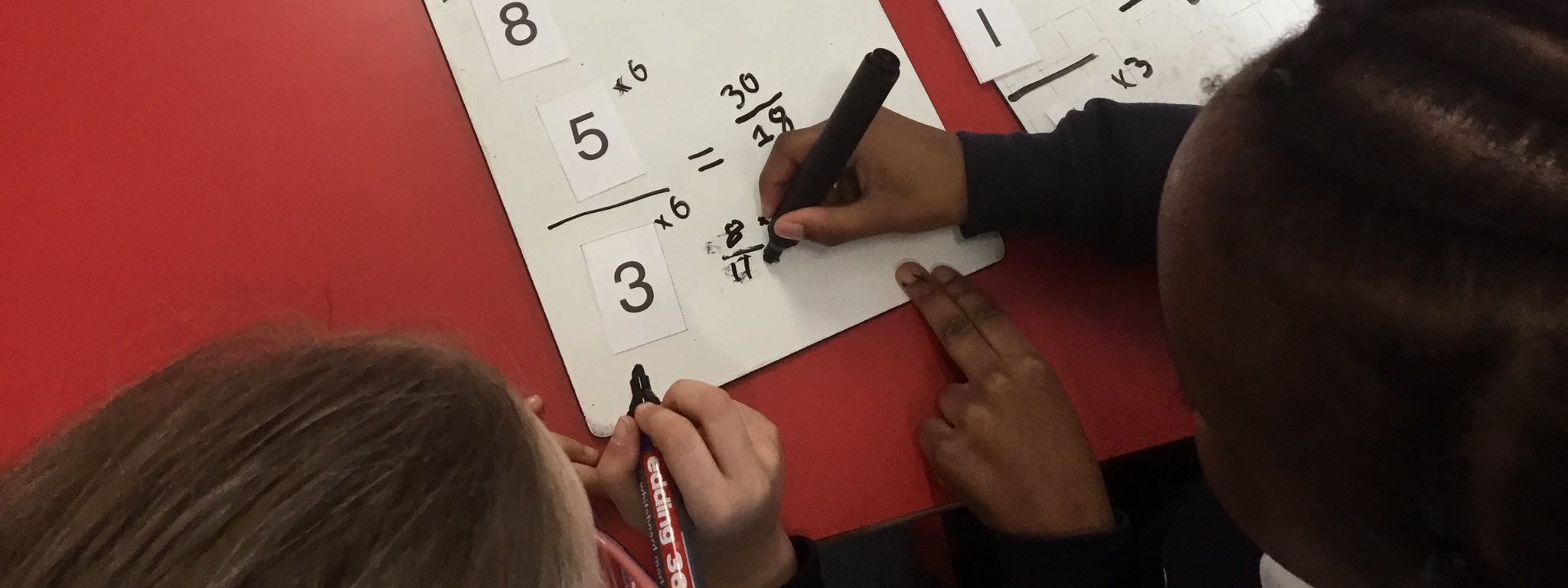- Home
- Learning
- Our Curriculum
- Maths & Financial Literacy
Maths & Financial Literacy
Mathematics is a creative and highly interconnected discipline that has been developed over centuries, providing the solution to some of history’s most intriguing problems. It is essential to everyday life, critical to science, technology and engineering, and necessary for financial literacy and most forms of employment.
At Brookfield Primary Academy, we provide a high-quality mathematics education that provides a foundation for understanding the world, the ability to reason mathematically, an appreciation of the beauty and power of mathematics, and a sense of enjoyment and curiosity about the subject.
We follow the Maths No Problem scheme of work. We also incorporate high-quality mathematical resources from other providers into our lessons to provide children with opportunities to reason and problem solve, including NCETM and White Rose.
Financial Literacy
At Brookfield Primary Academy, we teach the skills, knowledge, attitudes and behaviours that help people to manage money and achieve good financial wellbeing begin to develop from an early age. Research shows that financial behaviour starts to be shaped between the ages of three and seven, and long-term financial outcomes can be predicted from skills and behaviour in children as young as five.
Financial Literacy lessons take place once per half term.



